Chapter Eight: Shakedown (Part IV)
Posted on 09/26/2013 @ 5:54am
Edited on on 10/30/2013 @ 6:42am
Mission:
From the Ashes
Location: Aboard the USS Phoenix out in space
Timeline: August 2410
Stephanie listened to the idea given by her colleague and nodded, “It has to work.” She said optimistically, then looking back at her indicator, she knew that the average temperature readout was accurate only in so far as it read the average. There would be peaks in the temperature that were probably already nearing critical levels. “It has to be quick though….we have to hope the nanites can hold out long enough to get us stopped.”
With his ultra sensitive Vulcan ears, Syntron easily overheard Roger’s explanation of his plan and quickly analyzed the practicality of the proposal by the Chief engineer.
“Well Commander,” the captain interjected “Since our first approach was able to at least initially reduce temperatures and slightly diminish overheating, then perhaps your recommendation would provide the needed threshold of effectiveness in making this process more of a stable solution if they are implemented in tandem.”
Seeing the rising temperature bars on visual display the captain noted “However, you and your team will need to work rather expeditiously Commander… before conditions reach critical levels.”
“On my way Captain,” David responded while leaving his seat. “Mr. Swift, you have this station.”
Moving quickly, David weaved toward the nearby turbo lift and as he entered, tapped his communications badge.
“Rogers to Ensign McCauley. Grab a couple ODN recoupler’s and meet me on deck twelve, aft Deuterium tank compartment.”
The doors closed and David ordered it to deck twelve, then re-used his badge again to contact Lieutenant Andrews in main engineering.
“Rogers to Andrews. Sean, gather a pair of ODN relay coupling line’s and meet me at the main deuterium tank ODN hardlinks.”
As he finished speaking, the lift stopped and David squeezed through the slowly opening doors and broke into a run toward the aft access compartment of the primary tank. A slight nausea swept through him as he passed between two gravity generator’s along the hallway, and he gasped and tripped when his foot left one gradient and entered the next generator’s increased gravity environment.
Sprawling forward, Rogers tucked into a rolling skid, grazing his forehead on the deck plating as he rolled onward and wound up ingloriously splayed out upon the floor. Cursing loudly, he picked himself up and started aft again, slower this time. Rounding the corner, he saw McCauley round the other end of the hallway and they both met at the access port for the tank’s hard point junction connector room.
“Well done Ensign,” David said as he noticed the pair of recoupler’s tightly gripped in the young mans fists.
Pressing the access keypad on the rooms entry door, David entered his command pass data, and the small door wooshed open just as Andrew’s rounded the turn behind Rogers.
“Got ‘em Commander,” Andrews shouted as he ran up to them. “What’s up?”
On the bridge Stephanie tapped her com-badge “Commander Rodgers, mean temperature is already at the safety limits….we’re going to start losing clusters along the ODN line if you’re not quick about this.” She warned, looking over to her Captain. The look on her face was almost apologetic, as if she should have seen this eventuality and planned for it.
As the intensity of the vibrations began to escalate throughout the ship, Syntron noticed an expression of dismay overshadowing the features of the young science chief as she turned to face him.
“As an old Terran expression conveys, the darkest hour is just before the dawn, lieutenant” the captain reminded the injured trill.
“Our chief engineer is an adept craftsman. I am certain that they are working on their solution with the utmost promptitude.”
The ship’s vibrations got worse as the engineers worked, a cluster of nanites on deck two were lost, literally melting themselves. The effect was that Stephanie had to increase the output of the nano-processors in the surrounding area to make up for the loss. The young trill’s hands were flashing across her console as she continued to monitor all of the critical junctures. Several other areas suffered similar failures, and more than one control console or junction on the ODN lines were damaged due to micro-explosions or heat damage from the nanites failing.
The main deuterium supply tank housed the fuel supply for the Matter/Anti-matter reaction process and the impulse propulsion system. The slush deuterium, stored below minus two hundred and fifty Celsius, was filled at the rear of the tank through docking lines which, alongside the ODN hard connects, coupled with the star base when the ship was in port. David’s plan was to utilize all these connection points.
“Alright, let’s get started,” David spoke as the trio took up positions around him.
“Sean, pair those coupling lines together and connect them to the ODN line input there, where it comes in from the ship. Robert! Disconnect the ODN inlet and outlet ends from the hull and be ready to tie the other end of the patch to it.”
Turning to McCauley David took one of the recouplers and began welding the pair of line’s Sean had connected together. Once done, they had an extension line eight meters long. Handing one end to McCauley, David had him connect it to the hull exit junction while he took the new patch’s other end and started coiling it around the deuterium tank’s vent line.
The vent line operated while filling the tank in dock, venting excess gas and deuterium to prevent over pressurization when filling the fuel supply tank. At the extremely low temperature of the slush, Rogers knew that its coolant properties would be just the thing the overheating nanites would need just now. Sean saw at once, what David was attempting as he wrapped the new ODN line patch around the vent line of the tank.
“That should work Commander. Ok, this end is welded.”
Nodding, David sweated through the coiling procedure as Robert finished up the disconnect above them. Then, reaching what he thought was the most distance he could coil, David handed the remaining free ODN line to McCauley and had him connect and weld the line to the ship’s outlet end.
“Sean, take the other inlet and connect them together. We’ll make a loop back into the ship and complete this circuit.”
As the two officers finished the loop, David grabbed his PADD and accessed the ship’s engineering command functions. Once inputting his code’s, he enabled the ship docking procedures and bypassed the deuterium loading safety protocols and overrode the docking safeties of the tank compartment, allowing for the occupancy of the small bay while fueling was under way. He looked up just as McCauley finished the last weld.
“Good work you two. OK, we need the fueling start up started Robert. But close the fuel inlet and only open the vent. I’ve overridden the safeties, so be quick.”
McCauley nodded and started toward the small hatch as David addressed Lieutenant Andrews.
“Sean, get to main engineering and enable the hard point relay in here. We’re taking the ODN line’s into station keeping, got it?”
With a nod, Sean started behind McCauley and David turned back to the patch they had just completed. Barely five minutes had passed, and he wanted to double check the hastily welded ODN connects. As he finished he felt the hum of the relay start, and knew that Lieutenant Andrews had started the data network feed through. Just seconds after that, McCauley contacted him from engineering.
”Commander, I am ready at this end. Just say the word Sir.”
Giving the coil another quick run over, David tapped his badge and replied to engineering.
“Alright McCauley, start her up. Give it five percent on the primary Deuterium venting.
As the flashing pulse of the ODN data traveled from the ship and up the coil, then into the bypass and back into the ship instead of exiting the ship, David was almost mesmerized by the simple beuty of the spiraling coil as the bluish hazel light twinkled in the dim space. Then the venting started, and the vent tube within the new coil turned a frosty white as the almost minus three Kelvin deuterium vented through and out into subspace. After thirty seconds passed, and seeing no obvious leak on the ODN patch, David tapped his comm. Badge again.
“Rogers to Stephanie. Is the temperature dropping much?”
Stephanie knew almost instantly when the David’s plan finally was finished. Her hands began to slow as she had to micromanage less as the temperature began to stabilize. “It’s helping commander,” she said as the ship continued to shake, “We lost a few junctions, and they’re still running hot…” She paused to monitor one of the peak areas.
“Captain, I think we’ve stabilized the network.” Even as she spoke the vibrations continued, albeit in a slightly subdued manner, similar to turbulence.
With a slightly raised brow as the ship fluttered again, the captain countered “It would appear Lieutenant, that the ship is not fully supporting your assessment.”
“Commander, ETA on dropping out of the Quantum Slipstream?” Stephanie asked over the com, “With how hot we’re running the nanites I can’t guarantee even this will hold for long.”
Beside the vent, David acknowledged the science officer’s question.
“I can increase the flow rate on the vent here by another five percent Lieutenant, but not more than that.”
The temperature within the small compartment David was sitting in had continued to drop as the very cold deuterium flowing out the vent rapidly chilled the surrounding air. Already David had backed off three meters and still his exposed skin was almost frost bitten. However, the venting had to be watched in case a leak sprung up in the ODN welds. Losing a connection would throw the temperature’s rising again very fast. Concluding his latest inspection, David backed off another meter, up against the compartment wall, and again responded to the bridge.
“We can drop the slipstream field any time Lieutenant. Just give the word captain. But, it will take approximately forty seconds to collapse the field once the deflector is shut down. Also, helm will have to initiate immediate thruster braking upon the ship re-entering normal space. Our velocity will be at quantum levels upon collapse of the field. It will fall rapidly, but not fast enough to protect the ship from normal matter once we regain normal space environments.”
On the bridge, Lieutenant Decatur turned to the captain as she heard the Chief Engineer affirm that they could drop from speed, “Sir, we should do that before we lose any more nanites.” She paused and then spoke to the engineer over the communicator again, “David, I need that five percent you mentioned, I’m going to overclock the processors a bit more to try and ensure we don’t all end up on the viewscreen up here.”
“Un … understood Lieutenant. R..r..rogers to McCauley. Increase v..v..venting to t ..ten p..p..percent.”
Thinking quickly, Rogers tried to accumulate the approximate time the ship had been in slipstream. According to historical records, the Voyager crew had mapped their slipstream velocity at about five light years per minute. Current star fleet research confirmed that rate within the drive, as it currently existed. But dropping from quantum drive back to normal space needed swift braking applications upon re-entry. The ship’s speed would transfer into real time and be untenable if allowed to coast to a stop only. There was too much matter in the universe to allow un-aided slowing to normal speed.
“I suggest we can stop now captain. Impulse drive should be able to brake us if increased at a rapid, sustainable rate.”
Rogers knew also that rapid braking would throw considerable strain on the inertial dampening fields and structural integrity of the ship’s space frame. But the Phoenix had been especially retro-fitted for this technology and David knew the ship could manage the return to normal space. It was only this over heating problem that was unforeseeable by star fleet engineering that was prompting the QSD shut down earlier than planned.
“Acknowledged Commander” the Captain responded. “Keep an eye on things down there as we prepare for disengagement of the quantum slipstream drive and reimplementation of the impulse drive.”
Turning to the chief science officer he stated “Keep an eye on the temperature readings Lieutenant. When they’ve been reduced back to within safety limits, notify the helmsman to prepare to engage the impulse engines while you activate the deflector dish back into normal space mode.”
“They’re not going to drop in temperature any more, Captain…..Sir, I know it’s risky, but this is our best chance to get this ship stopped…” The trill replied, adjusting the overclocking in real-time from her station trying to balance the processing power, heat, and risk ratio in her head. Her voice trailed off as she focused intently on this complex balance and no longer felt the pain from her chest as her focus on her challenging work pulled her almost completely out of the present. Nothing else mattered to her but giving them the best chance at survival, and that meant running the system as hot as it could be without losing more of the nanites that enabled the reaction times in the Inertial Dampening and Structural Integrity systems required for the ship and crew to survive the sudden stop that they were about to endure.
“That is… unfortunate Lieutenant,” Syntron replied, referring to no additional decrease in temperature foreseen, “However, your recommendation is noted.”
Activating the ship-wide comm, the captain announced “Attention all personnel. Be prepared for deactivation of the slipstream drive within the next few minutes.”
At his medical command chair, Elliago was not only managing all communications inside and outside the ship, but in constant contact with sickbay and the readouts of every inboard sensor. From this central point, he coordinated all health and safety protocols aboard as the crisis was about to unfold.
"Sickbay; prepare for emergency treatment of concussion traumas and related injuries, up to and including internal bleeding and compounded fractures. Cargo bay 1and 2 and ship lounge personnel; emergency protocols in effect; cargo bays will become triage areas 1 and 2 and lounge is to become secondary emergency operating room. All emergency units; use portable stasis unit to add to your PID's protective effect, then recover and transport injured personnel to appropriate triage area. Do not use transporter grid; keep it free except for the category 1, most critical injuries so as to leave room for the damage control teams to move about freely. All decks medical personnel; report crew health status every fifteen minutes."
Elliago then turned to Syntron.
"Captain, I recommend all non essential personnel to be sent to escape pods. I also need all reserve power to activate immediately the entire hologrid so that every room and corridor of the ship will have an operating EMH ready to intervene. Doctor Gray will then act as CMO if I am unable to do so. If things come to worst and most of us are incapacitated, medical emergencies will still be taken care of. After all, holograms are immune to inertia and injury as long as the hologird itself is up and running. And I need your authorisation to implement the Emergency Holographic Officer protocol. If sudden stop put too many of us out of commission or severely damage the ship, our very survival may very well depend on those EHOs."
“Logical precautions Doctor. Begin implementing these protocols immediately,” the captain confirmed. “However, we will need to hold off engaging the entire hologrid system until 8.5 seconds before deactivation occurs so as not to overload the already taxed ODN network.”
Looking around for a moment at the nearby stations on the bridge, Syntron added “Coordinate the reserve power requirements with our COO and your readiness status with our CSO and helm. The timing of implementing all of these operations will need to be precisely synchronized to maximize our results yet minimize any injuries or damage.”
Stephanie nodded only slightly in response to the Captain’s orders, her hands continued to move quickly over her console as she maintained her entire focus on the calculus and variables in her mind. Her focus by this point was so intent on not making a mistake, which would prove fatal to the ship and crew, that she was unwilling to allow her concentration to slip for even an instant to speak.
Twelve decks below, David shivered almost steadily but kept his eyes glued to the ODN welds. He knew the cooling could disable them, as they were untested at this very low temperature. If they failed under these temperatures, David would immediately have to call for the shutdown of the ODN loop.
Frost build up was hampering his sight line, so David moved over to the vent tube and tried to slap the build up off, but his weakened strength just seemed to knock a few flake’s away. Grabbing the recoupler from its discarded place on top of the deuterium tank, David tapped the end of it vigorously against the upper end of the vent tube. Small chunks of frost and ice fell away from the ODN coupler’s spiral around the tube. David could see the welds clearly again and they were still intact. Although his eye’s watered somewhat from the biting cold now permeating the small chamber, David wiped the tears away and tried to stay focused on the welds. They must not fail.
“McCauley to Rogers. Sir, they’ve ordered shut down of the QSD. 2 minute’s.”
David looked around quickly as he replied to the ensign’s warning.
“Und..d..derst..stood Ensign. Take precautions, b..b..but b..be ready t..t..to shut v..v..venting on m..m..y com..mm..mand.”
Moving forward toward the bulkhead, David turned and sat against it, bracing his back snuggly upright against the cold wall. Keeping his sight on the three welds, he shivered uncontrollably, but thought only of his work. He trusted the Phoenix and her impulse engines. He knew she would survive the deceleration. He just knew it. Thinking about it, David figured that the obvious solution was to begin at the start.
“Start of what?” David said aloud.
It seemed warmer back here though. David looked at the frost covered vent pipe and the coil of frosty ODN line wrapped around it.
“Must be a hot chocolate maker,” David laughed to himself. Sitting forward, David began taking off his uniform top. It was definitely to warm in this little room.
“What purpose does this chocolate room have?” David said to the empty, minus seventy degree chill air. “No waitress to even bring me a hot chocolate?”
Laughing at the cruel joke, David finished removing his shirt and balled it up. With a small toss, he threw it toward the vent tube, but his weakened throw had it land at his feet.
Rogers laughed again.
Back on the bridge after several minutes of almost silent preparation, the captain turned to his chief medical officer and inquired “How are the vital signs our chief engineer holding up in that frigid environment Doctor?”
Being a Vulcan, this was the worse temperature condition that he could imagine. The ship itself always felt a bit chilly to his preference, but this would not even begin to compare to the frigidness that his chief engineer must be enduring. The thought of this alone sent a slight chill down through the captain’s spine.
"Vital sign are dropping slowly but steadily, " answerewd Elliago without looking up from his medical monitor. "He will not enjoy the coldness like an Andorian would for sure... but humans are especially hardy to temperature extremes on both ends of the spectrum. I'll give him as much time as... humanly... possible for him to complete his job but at the moment his vital signs will be at terminal levels, i will transport him directly to a specially prepared recuperation chamber in sickbay. And if it fails, I have sent a medical team with thermosuits right next door to him. "
The Deltan spoke with his finger resting on the emergency transport activation button. As it been his choice, he would have already pulled out the chief engineer from his predicament; but if he did this too soon, the critical job of cooling down the systems enough for the Phoenix to stop would go unfinished... and with them, any chance of survival for the whole ship.
Thus was the heaviest strain of command; to try and preserve every single person under one's command, but only so far as the safety of the whole crew came first. It was even worse for a medical doctor, sworn to save lives and never do harm... and worst still, as a commanding officer, to be bound to accept the sacrifice of any crew member for that very purpose.
And captains thought they had the real tough decisions to make and live with afterwards...
"Come on Rogers... how long does it take to tape a tube and open a valve? " he grumbled as the engineer's vitals came so low he had to blink to read them properly on his small monitor.
((a signal or message from engineering on deck 12 of some sort perhaps?))
The captain then stood and turned his attention directly to Commander Roger’s replacement manning the engineering station and stated stoically as he could muster “Mister Swift, disengage the quantum slipstream drive.”
“Aye Captain. Disengaging quantun drive.”
Jesse Swift, although just a damage control specialist, had the requisite cross training that allowed him to operate the bridge engineering station. As such, he methodically signaled main engineering with a disengagement order. Andrews received the bridge order and promptly cut power to the main deflector feeding the quantum slipstream, then almost simultaneously signaled the bridge that the drive was off line.
Barely a heartbeat later, Elliago's finger activated the emergency transport and Rogers was instantly whisked away from the deuterium tank and right into the especially prepared medical ward awaiting him.
just as his finger left the controls and a light confirmed transport, he bolted out of his chair and in surprisingly fast strides went to the turbolift, the doors only halfway parted when he slided sideways between them.
"I'll be in sickbay to ascertain Commander Rogers condition, " he quickly shot to Syntron as so much as a by your leave.
Then the doors slid shut on his worried face.
“Bridge! Engineering. Quantum drive is off-line. Warp drive availability in three minutes. Impulse system coming on-line.”
Having done that, Andrews contacted McCauley on deck twelve.
“McCauley, quit the venting; we are out of slip stream drive.”
But this message did not need to be conveyed.
As the USS Phoenix transitioned out of the slipsteam, the intense vibrations and shaking that were building throughout the decks were immediately displaced and overshadowed by a deafening sound akin to the tolling from within an immense antique bell and an accompanying jolt of an enormous collision. Something had stuck the hull of the Phoenix, and fortunately, the duranium-tritanium composite with micro-fiber reinforced ablative armor which comprised the hull appeared durable enough to withstand this unidentified impact. But no one knew if this were merely the first of many such consequences that they were about to face.
Syntron was thrust from his standing position and sailed effortlessly over a console several meters away. He immediately jumped up and commanded “Engage the deflector and raise shields to maximum!” as he swiftly looked around the bridge to see if anyone was injured.
((Please continue with this scene in "Shakedown: Part V" ))
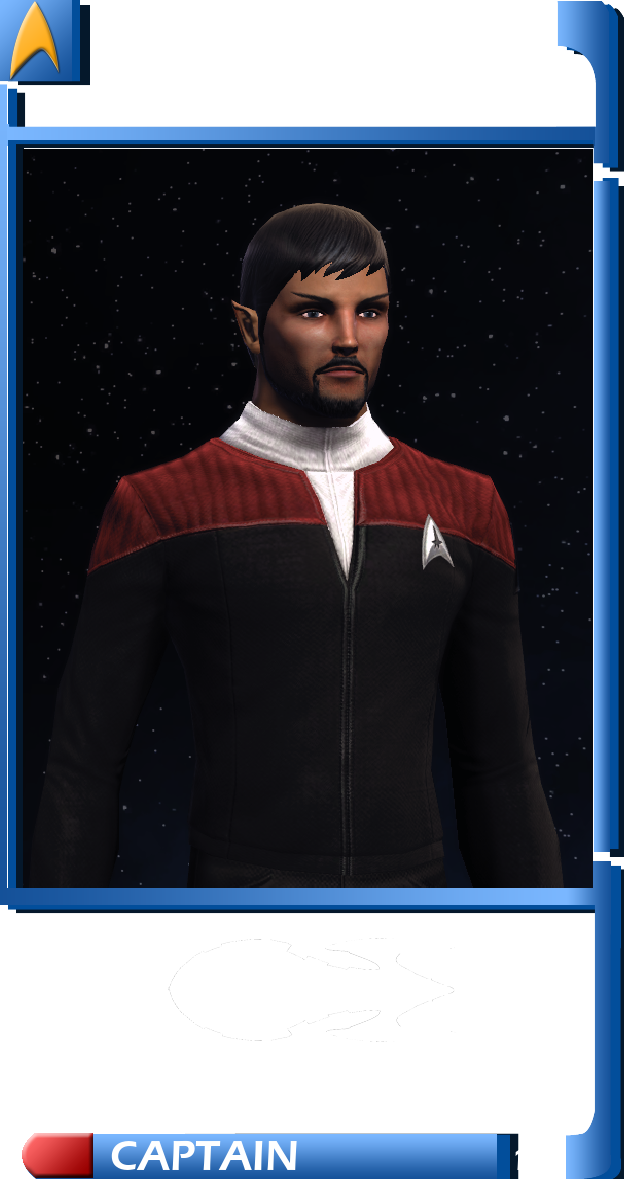

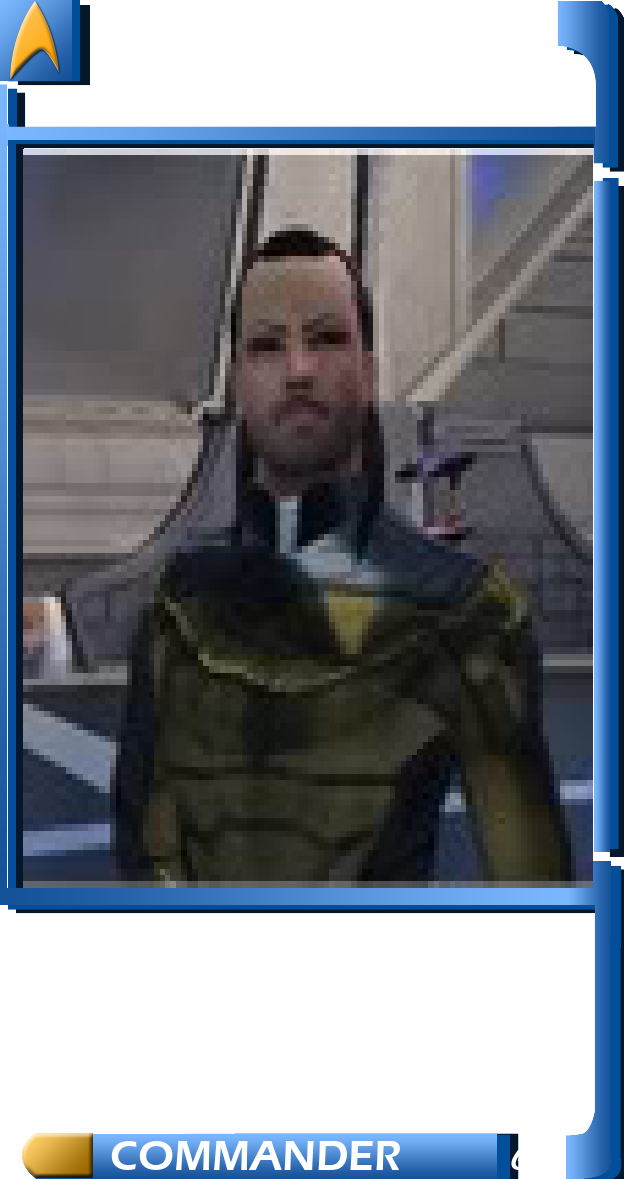

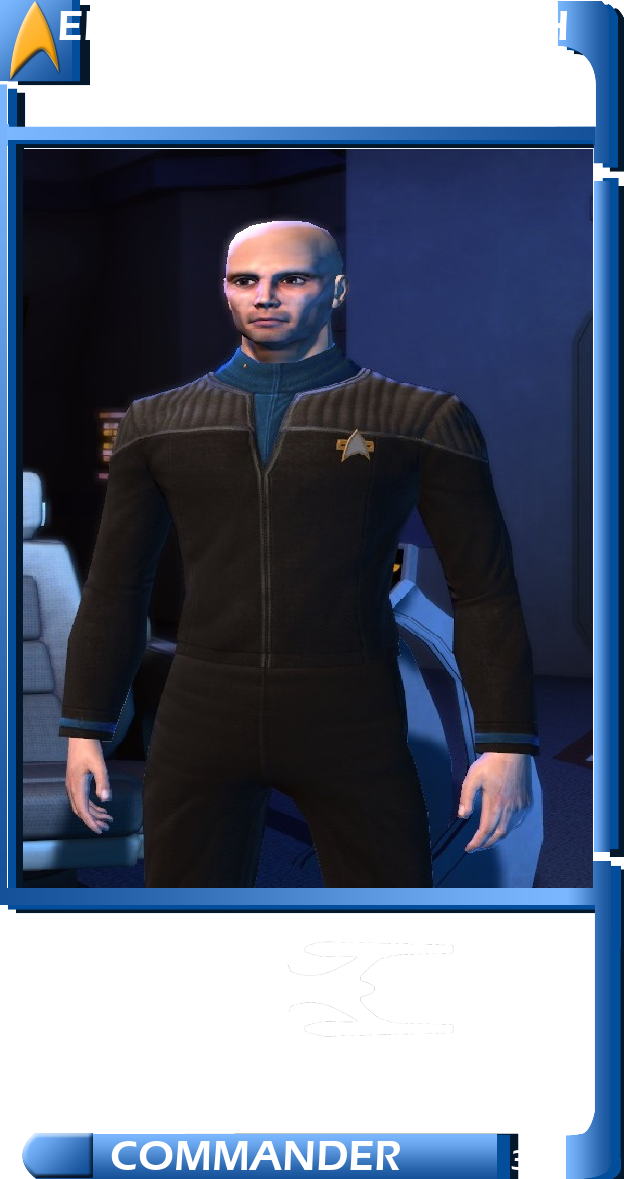
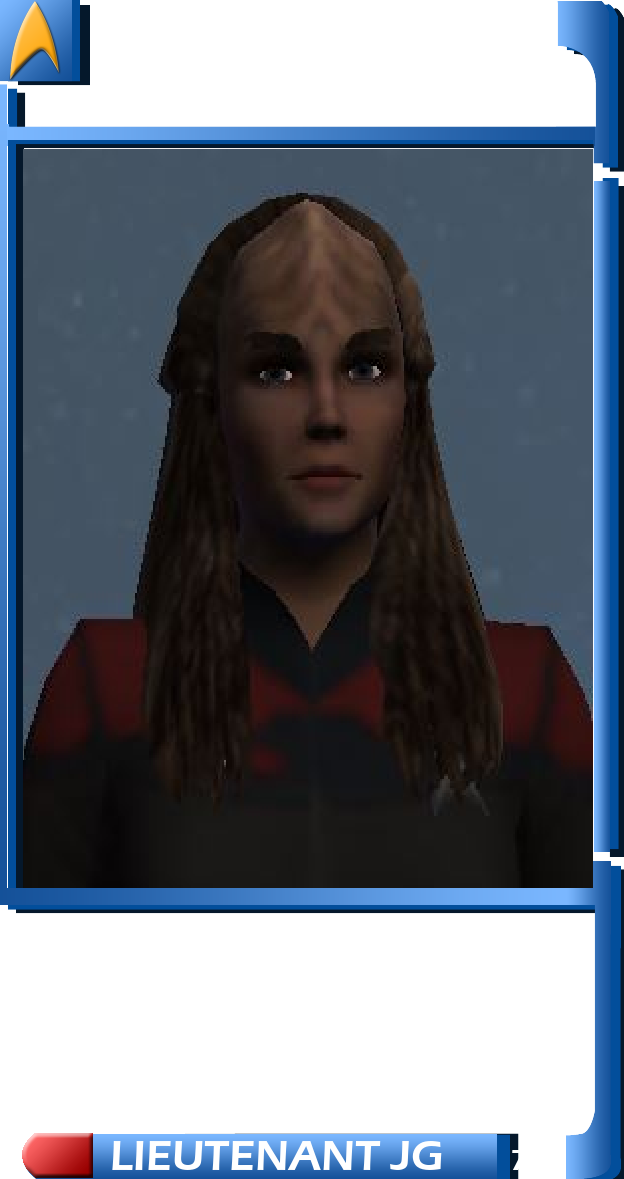

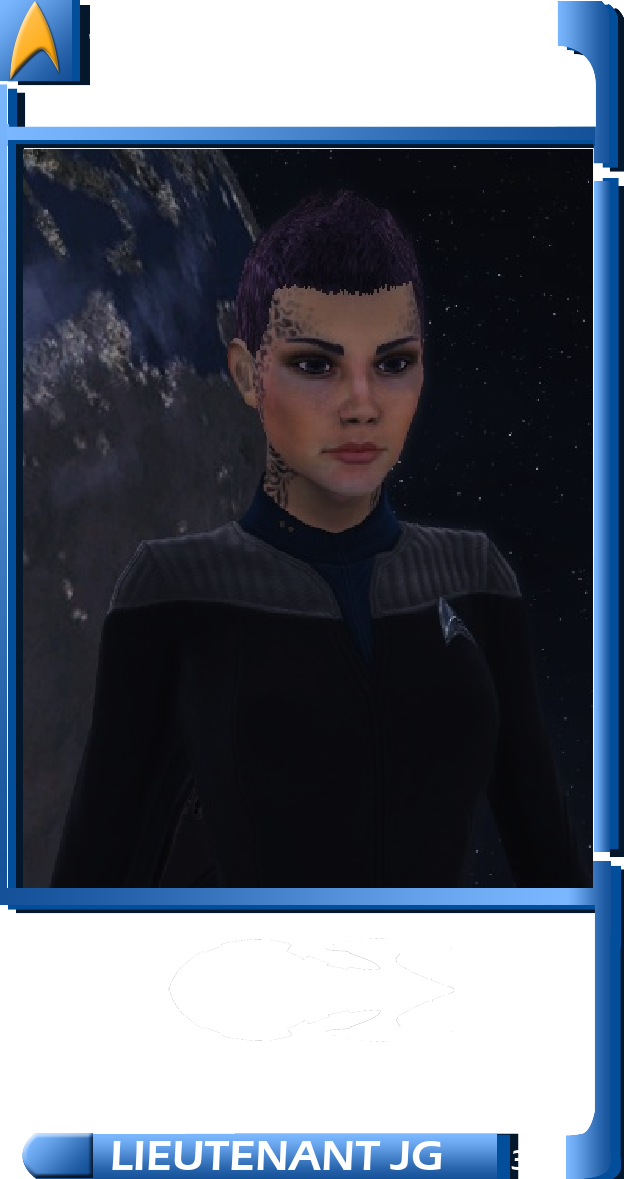
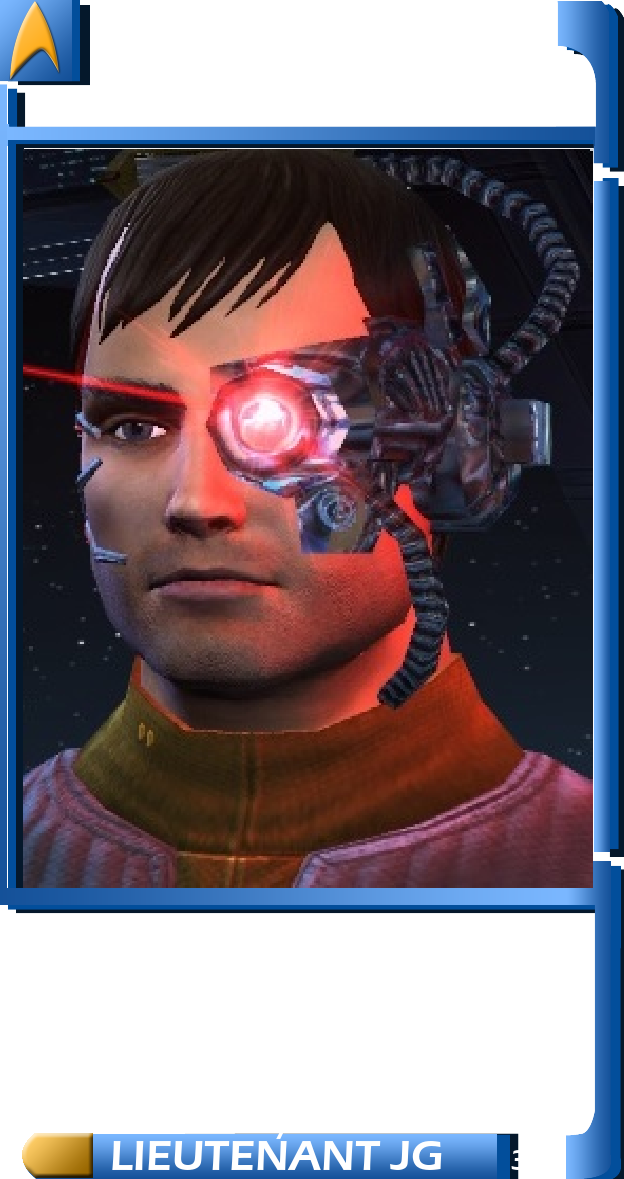
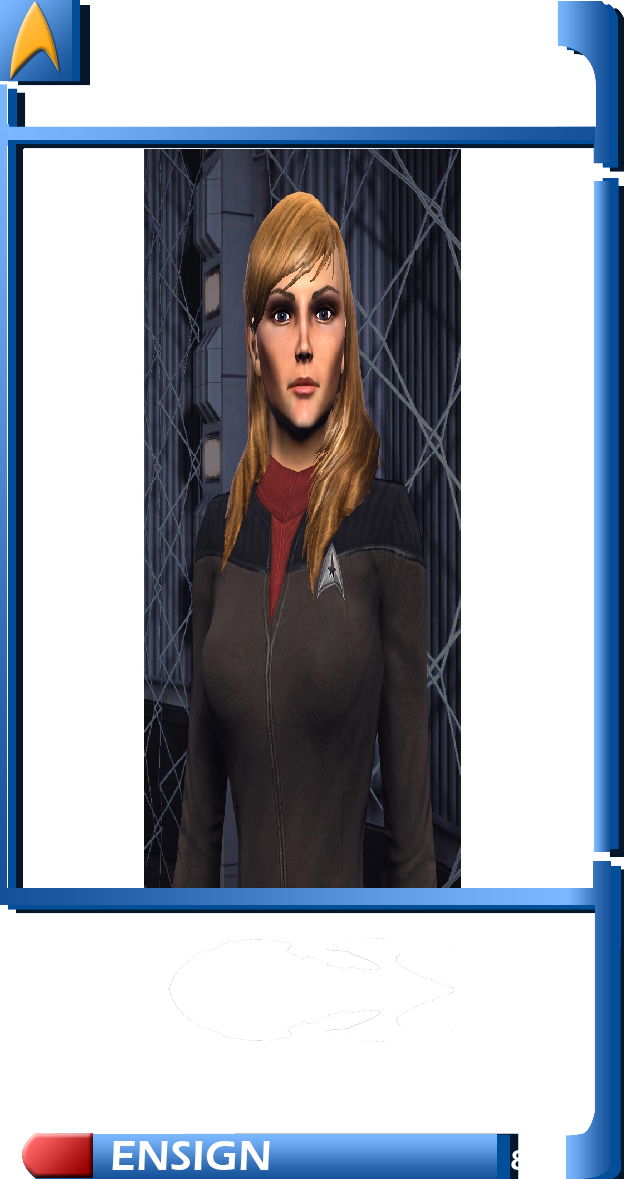


By Syntron on 10/01/2013 @ 7:44am
I added back the parts that were inadvertently cut out by Roger's last post.
By Syntron on 10/03/2013 @ 8:28am
So that we don't run out of space to post as this scene exiting the slipstream unfolds, a new post "Shakedown: Part V" was created.
Please continue with this scene there!
Note: There should still be room to fill-in any post gaps here... just highlight any new text.
Carry on... carefully ;-)